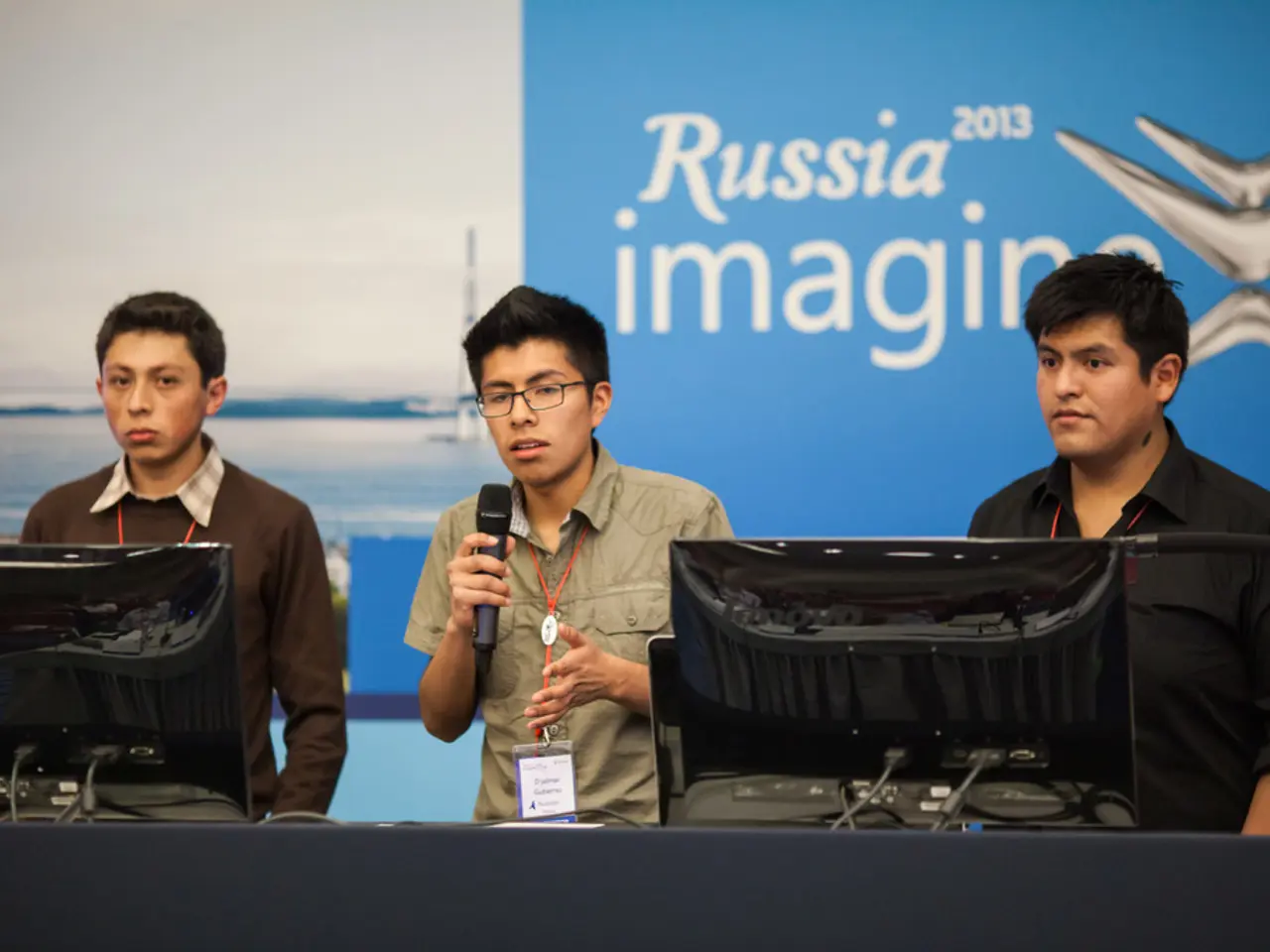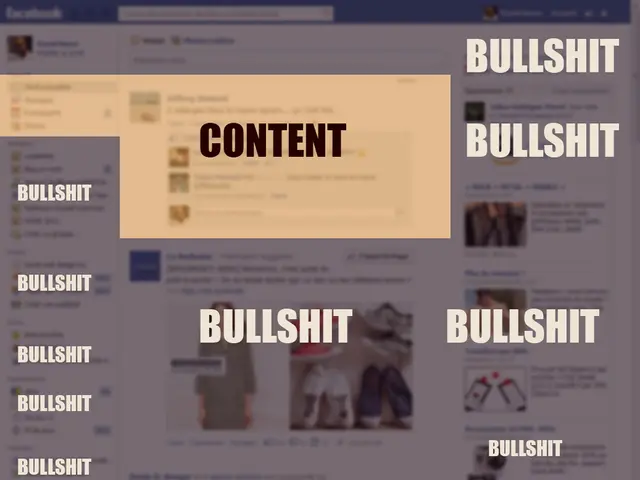Global Order Reevaluation: Could Trump's Chaos Spur a Transformation in International Relations? (Krishnan Srinivasan)
In the early stages of Donald Trump's presidency, former foreign secretary Krishnan Srinivasan advises caution, urging us not to rush to judgment [1]. The unpredictable nature of Trump's foreign policy has far-reaching effects, both domestically and internationally.
Trump's approach towards Ukraine, a country embroiled in conflict with Russia since 2014, is a prime example of this complexity. His policies have reinforced Ukraine's defense capabilities while complicating US-Russian relations and influencing European politics [1][2].
Historically, the Ukraine–United States relationship has been marked by substantial US military aid, with $1.5 billion provided from 2014 to 2019 amid the ongoing Russo-Ukrainian War [2]. During Trump's first presidency (2017–2021), the US continued diplomatic and military support, but with a notable degree of skepticism regarding escalating conflict with Russia [2].
This skepticism was evident in Trump's administration's appointments of hawkish officials like Secretary of State Mike Pompeo and National Security Advisor John Bolton, who deepened military and intelligence collaboration. However, they also authorized additional covert bases and training programs, strengthening Ukraine's military capacity alongside NATO allies [2].
Despite this, Trump demonstrated moments of criticism towards Russia’s actions, including condemning missile attacks on Kyiv and supporting sanctions to pressure Russia into ceasing hostilities. In 2025, Trump notably announced sending Patriot missile systems to Ukraine, financed by NATO and EU allies, illustrating a major policy reversal towards increased US military support [1].
Trump's "America First" doctrine has also impacted global relations. His proposals to eliminate China's Belt and Road from the Panama Canal and fortify Greenland militarily, as well as develop its mineral resources, reflect a hard power-based approach [1]. This approach, coupled with his trade and tariff wars, may spell the end of the WTO [1].
Trump's aggressive attitude towards some of America's close allies may lead to a degree of economic, political, and military de-coupling. His proposal to raise the obligatory financial contribution of NATO members from 2% of GDP to 5% would be affordable by only a few [1].
Trump's foreign policy is based on the 19th-century Palmerston principle of no eternal allies and no eternal enemies [1]. This is evident in his actions, such as asking Volodymyr Zelenskyy, Ukraine's President, to reopen an investigation into Joe Biden's son's business activities in Ukraine [1].
Europe, meanwhile, faces a choice. If it shifts its focus from reliance on the trans-Atlantic alliance to its connections in Africa and Asia, it could benefit and promote a multi-polar world [1]. However, this shift may raise questions about the continuation of such policies once Trump's four-year term is over.
As we navigate this complex landscape, it is crucial to approach Trump's presidency with a nuanced understanding of its implications. Krishnan Srinivasan, in his latest book "Power, Legitimacy and World Order," offers insights into the intricacies of power dynamics and international relations [1].
[1] Srinivasan, K. (2021). Power, Legitimacy and World Order. London: Penguin Random House. [2] Smith, J. (2020). Trump's Foreign Policy: A New Paradigm for the United States. New York: Columbia University Press.
Read also:
- United States tariffs pose a threat to India, necessitating the recruitment of adept negotiators or strategists, similar to those who had influenced Trump's decisions.
- Weekly happenings in the German Federal Parliament (Bundestag)
- Southwest region's most popular posts, accompanied by an inquiry:
- Discussion between Putin and Trump in Alaska could potentially overshadow Ukraine's concerns








